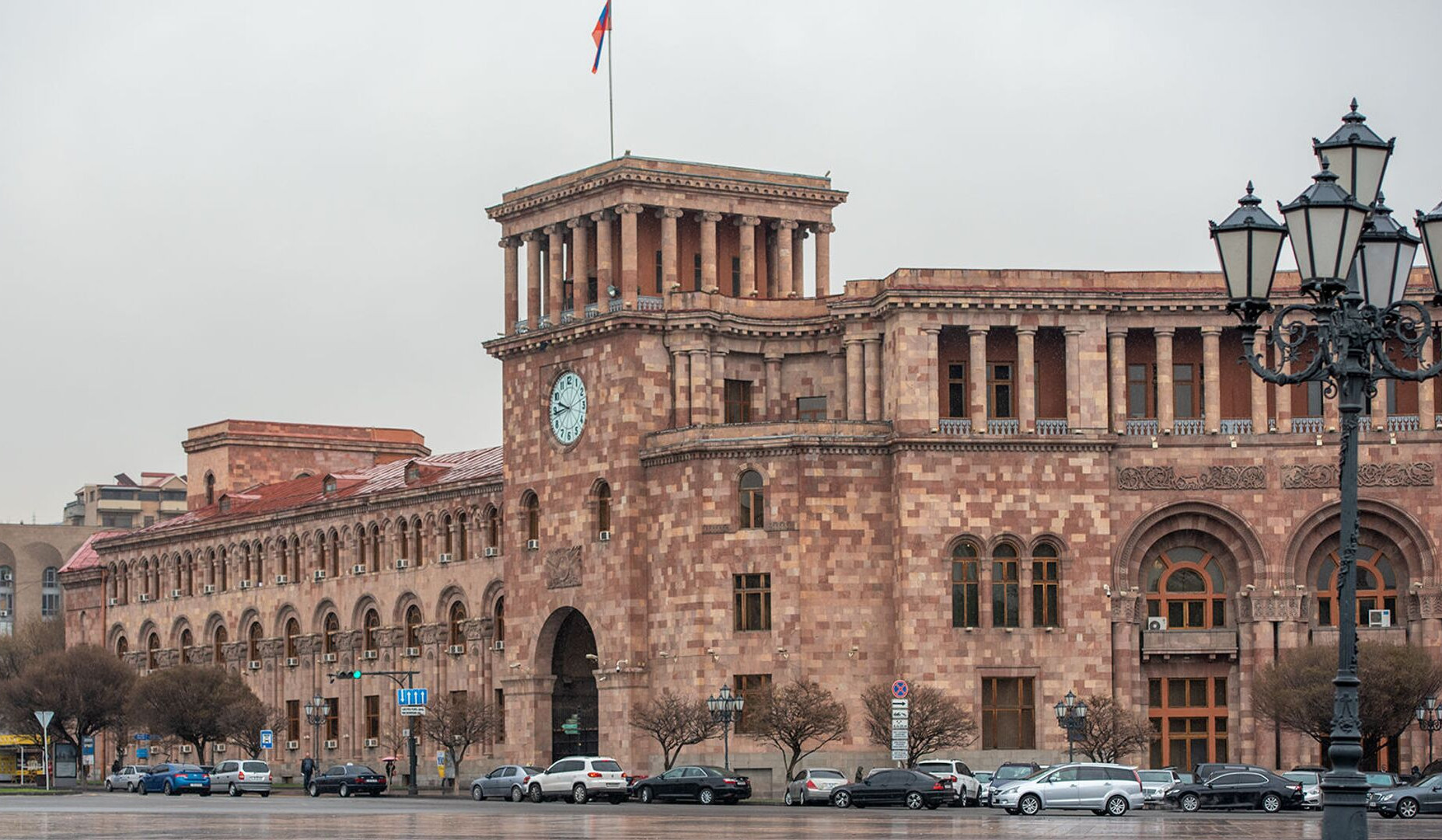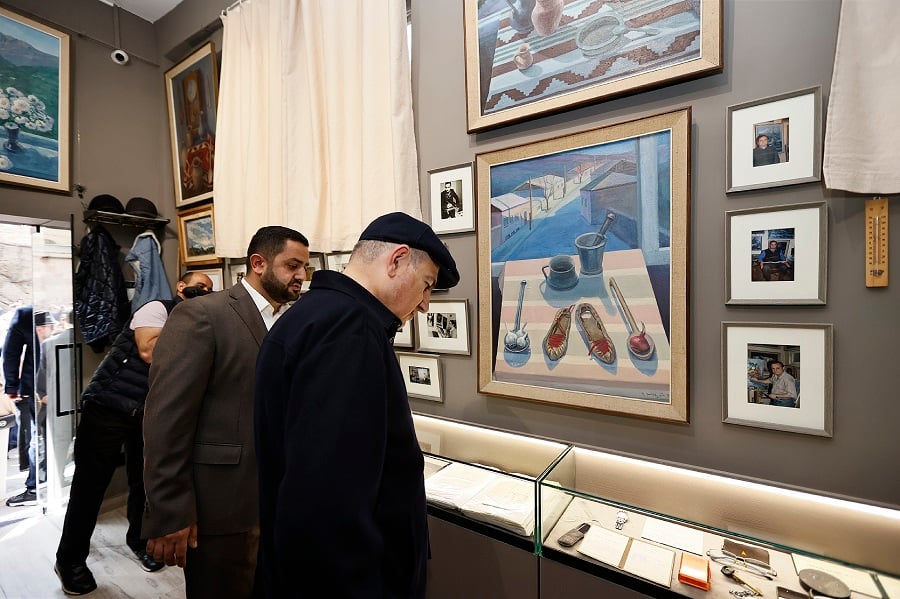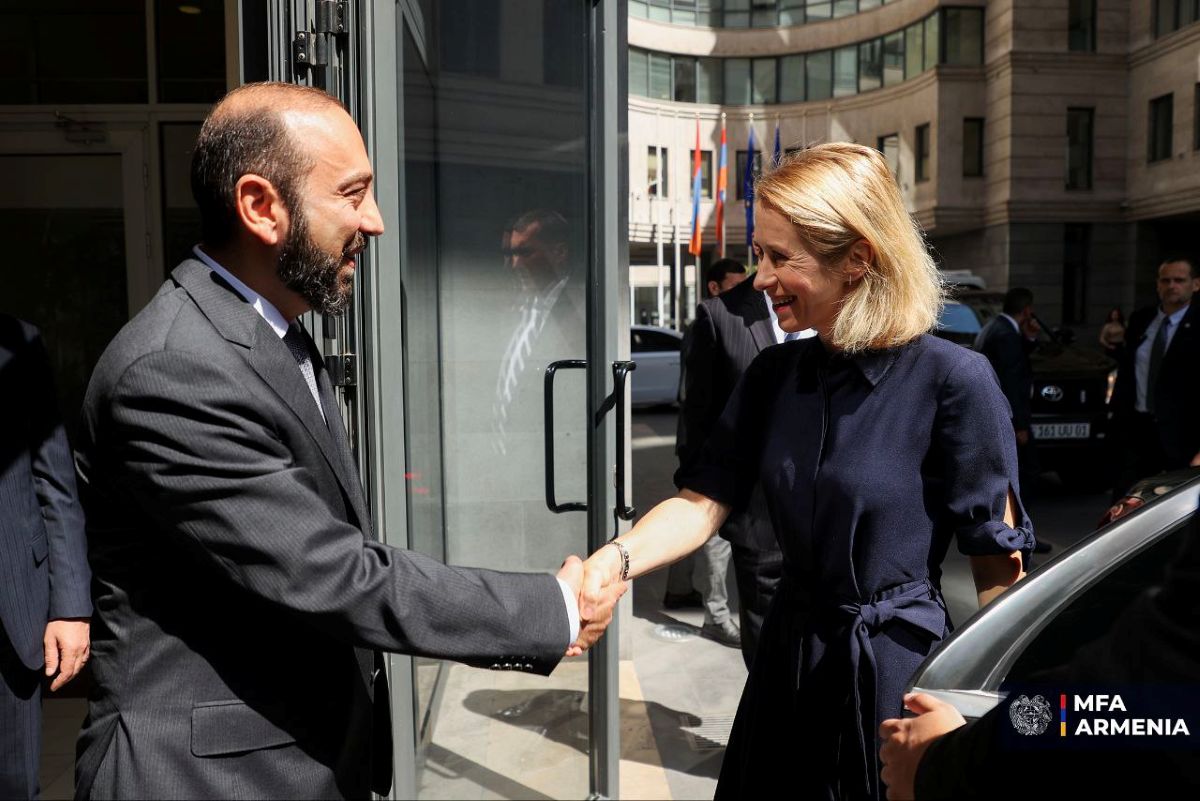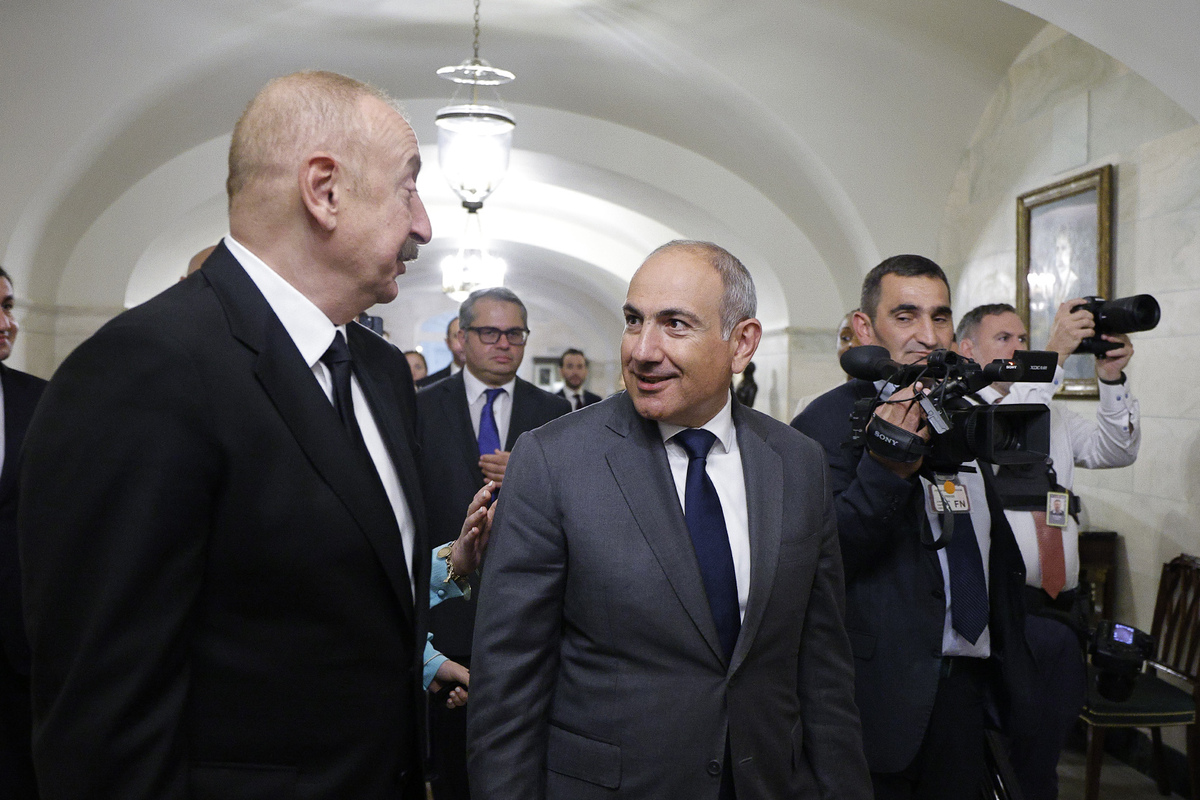Pashinyan: "Armenia’s democracy is a reality, not the goodwill of the authorities"
Pashinyan on democracy in Armenia
Armenian prime minister Nikol Pashinyan said at the Armenian Democracy Forum that democracy in the country “is not the goodwill of the authorities but a reality.”
Speaking at a panel on “The quality of democracy in Armenia: challenges and benchmarks”, Pashinyan stressed that discussions about democratic processes often overlook what he called “a very important fact” — the Armenian parliament’s approval of a bill to begin the process of joining the European Union.
“This is an indisputable declaration, a statement of our unwavering commitment to democratic reforms. Otherwise, passing such a law would make no sense,” the prime minister said.
At the same time, Pashinyan noted that once the bill was passed, people began to ask how realistic EU membership was. But, he said, the government’s main task is different:
“We understand that even after adopting the bill we may not join the EU. But our main task is another — to comply with EU standards. If, after meeting this task, we join the EU, that is good. If we don’t, we will still have met the task of aligning with the standards. That is the most important thing.”
Asked what major democratic reform is planned in the coming years, Pashinyan replied: “The adoption of a new constitution, which will create an organic link between the people and the legal system.”
- Declaration on the Fourth Republic of Armenia: what the ruling party plans
- “Armenia is now in its least vulnerable position” – key points from Pashinyan’s briefing
- Pashinyan remains Armenia’s most trusted politician, but his approval rating has declined: IRI poll
“We should not dream of democracy, we should build it” – Pashinyan
At the Democracy Forum, Armenian prime minister Nikol Pashinyan asked participants: “Why should we dream of democracy if we can discuss it, create it, build it?”
He pointed to what he sees as changes since his team came to power in 2018:
- election results have not been falsified,
- everyone can express their opinion on any issue,
- there are no restrictions on internet use,
- the press operates freely and without limitations.
“Who today in Armenia is the leader of democracy, the defender and bearer of these values? We have an exceptional situation. The bearer of these values is the country’s authorities,” Pashinyan said.
He argued that the most important factor of democracy is self-reflection. At the same time, he said, Armenians — himself included — still think “in formulas and concepts introduced by Stalin.” But in his view, there is now “a broader field for democracy, including as a result of recent political, ideological and conceptual changes.”
“Many speculate about democracy, but I see no one defending it”
The prime minister invited civil society representatives at the forum to talk about what democracy is:
“Today, a significant part of [speeches on the topic of] democracy in Armenia is simply swearing [at the authorities]. And who is defending democracy from this? I don’t see anyone in Armenia defending democracy. But those speculating on this topic — there are plenty,” Pashinyan said.
In this regard, Pashinyan asked civil society representatives whether there was any organisation that condemns this “swearing,” these speculations about establishing democracy.
“Who among those present has stood up and said: ‘I condemn so-and-so for speculating’? Is there such an organisation in civil society? If there is one, I applaud. If there are two, I applaud standing,” he said.
New constitution and jury trials: government plans
Forum participants asked what steps the Armenian government plans over the next five years to achieve a “more stable and institutional democracy.” Nikol Pashinyan replied that the priority is the adoption of a new constitution. In his view, this step would solve a serious systemic problem and create an “organic link” between the judiciary and the people:
“Any authority must derive from the people. In Armenia, the judiciary does not derive from the people. Moreover, it is completely detached from the people. I believe the adoption of a constitution is the most important reform on the path of democratic development.”
The prime minister stressed that “since 1995, more than 50% of the population has not taken part in any constitutional referendum and has not voted for a constitution.”
He argued that the people do not recognise the legal system as their own. According to Pashinyan, it is “as hated by the people as the legal systems imposed by the Soviet Union, the Russian Empire, the Ottoman Empire and the Persian Empire.”
He added that constitutional change should not be textual but conceptual. Only in this way, he said, can the institutional problems be resolved.
Among upcoming reforms, Pashinyan also mentioned the introduction of jury trials, which he said would “make justice as predictable as possible and less subject to various political interests.”
“After the 2018 revolution, when the government announced that it would not interfere in the work of the judiciary, many in Armenia and beyond rubbed their hands. They thought: ‘Good, if the government doesn’t interfere, now we can deal with the judicial system.’ Many court rulings were dictated by certain circles, including forces outside Armenia. This is one of the methods of hybrid warfare, as we see it,” he explained.
“Reforms should be carried out slowly”
The prime minister is convinced that any “fast” reforms are doomed to fail:
“We used to rush with implementation because our thinking was future-oriented. We used to say: ‘Let’s do it today, right now, because no one knows what will happen tomorrow — whether Armenia will exist tomorrow, whether the state will exist.’ And we abandoned that approach. Now we say: ‘Armenia will exist for centuries to come.’ To be able to carry out reforms, our thinking must be calculated for 10, even 100 years.”
Pashinyan on democracy in Armenia






















